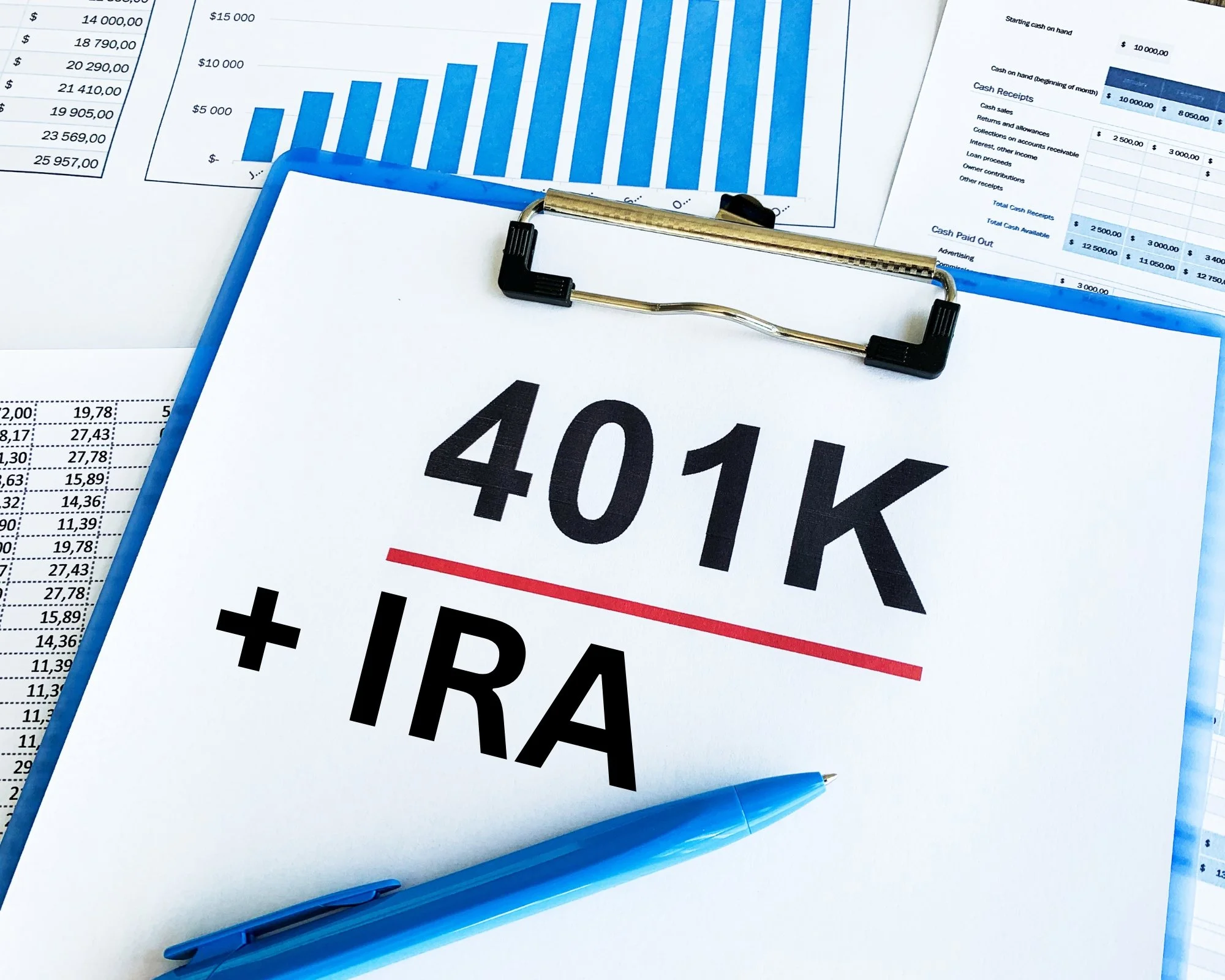Can I Max Out My 401(k) and Still Contribute to an IRA?
If you’re already contributing the maximum to your 401(k), you might be wondering: Can I still contribute to an IRA?
The short answer is: yes, potentially — but the details matter.
In this article, we’ll walk through:
Whether you can contribute to an IRA while maxing out a 401(k)
When a traditional IRA contribution is deductible
What to do if your income is too high for a deduction
Roth IRA and backdoor Roth options
Understanding these rules can help you get more tax efficiency and flexibility out of your retirement savings.
2026 Medicare Part B & D IRMAA and Part A Deductible and Coinsurance amounts
On November 14th, 2025, The Centers for Medicare & Medicaid Services (CMS) has announced the 2026 premiums, deductibles, and coinsurance amounts for Medicare Parts A and B, along with the 2026 income-related monthly adjustment amounts for Medicare Part D.
At Morrissey Wealth Management, we annually project and review our client’s modified adjusted gross income (MAGI) to avoid triggering unwanted Medicare premium increases when possible. In 2026, the standard Medicare part B premium has been increased, in addition to the income-related monthly adjustment amounts. The increase to the standard premium, as reported by the Centers for Medicare & Medicaid Services, is mostly a result of projected price changes and assumed utilization increases that are consistent when cross referenced with historical data.
How Spousal Social Security Benefits Work: Rules, Examples, and Smart Claiming Strategies
If you’re married (or were married for at least 10 years), you may be eligible for spousal Social Security benefits—but the rules are more nuanced than most people realize.
In this article, we’ll break down:
What spousal Social Security benefits are
Who qualifies and when
How claiming age affects the benefit
A real-life example showing how the rules play out
Common mistakes to avoid
Whether you’re nearing retirement or already collecting benefits, understanding spousal benefits can make a meaningful difference in your lifetime income.





















